Article: DND Dice: 'Punish' or Not to 'Punish'?

DND Dice: 'Punish' or Not to 'Punish'?

If you’ve ever sat at a Dungeons & Dragons table and watched your carefully crafted character’s fate fall to a single roll, you know the feeling. The D20 tumbles across the table, clattering loudly, only to land on a 1. A critical failure. Groans fill the room. Maybe you sigh, maybe you laugh it off… or maybe, just maybe, you glare at your dice and consider giving them a stern “punishment.”
It might sound silly, but dice punishment is a long-running, tongue-in-cheek tradition among D&D players. Some put dice in “timeout jars.” Others scold them out loud, dunk them in a cup of salt water, or even exile them from the table. A few go further with elaborate rituals, like freezing unlucky dice or threatening to replace them with a fresh set of gemstone dice.
But is this all just roleplay and superstition, or is there something deeper behind why players punish their DND dice sets? And should you try it yourself, or let the dice do what dice do, roll at random? Let’s explore the fun, the frustration, and the philosophy of punishing dice.
Why Players Punish Their Dice
At first glance, punishing dice makes no logical sense. Dice are inanimate objects. They don’t have feelings, memory, or spite (no matter what it feels like in the moment). And yet, nearly every player has a story about dice that “turned against them.”
Here are some of the common reasons players give for punishing their polyhedral dice:
1. Venting Frustration
D&D is a game full of highs and lows. Rolling a natural 20 feels like the universe cheering you on. Rolling a natural 1 feels like betrayal. Punishing your dice, even in a playful way, gives you a safe outlet for that frustration.
2. Superstition and Ritual
Humans love rituals, especially when luck is involved. Just like athletes wear “lucky socks,” gamers develop habits around their dice. Punishing “bad” dice becomes part of the ritual, as if you can teach them to behave better.
3. Roleplay in Real Life
For some players, punishing dice is simply an extension of roleplay. If your dwarf barbarian is furious at missing a goblin, you might growl at your dice too. It adds to the immersion and keeps the table laughing.
4. A Sense of Control
In a game where chance rules many outcomes, punishing dice gives players a tiny illusion of control. It may not change the odds, but it feels good to take action when luck isn’t on your side.
Common Ways to Punish Dice
So how do players actually “punish” their dice? Over the years, entire communities have shared creative and hilarious methods. Here are some of the classics:
- Timeout Jars: Place your misbehaving die in a glass or dice jail until it learns its lesson.
- Verbal Scolding: Talk sternly to your dice, as if they’re a naughty pet.
- Isolation: Set the die aside while you roll with another from your DND dice set.
- Threats of Replacement: Show them a brand-new resin or gemstone dice set and let them know they’re expendable.
- The Spicy Treatment: Some players dunk dice in hot sauce or salt water—though this is better left to cheap acrylic dice, not premium sets.
- Public Humiliation: Roll the offending die alone in front of everyone, making it prove it can behave.
The Pros of Dice Punishment
While punishing dice won’t actually change the math behind the rolls, it does offer some fun and social benefits at the table.
Keeps the Game Lighthearted
When your rogue misses three attacks in a row, it can feel discouraging. Punishing your dice in a funny way keeps the mood light. Everyone gets a laugh, and you move on.
Builds Player Bonding
Dice rituals are part of the culture of tabletop RPGs. Sharing stories about cursed dice or trading “dice jail” ideas strengthens the sense of community at the table.
Encourages Roleplay
For players who enjoy immersion, punishing dice can blur the line between character and player. Your barbarian is mad? You’re mad. The dice are part of the story.
It Just Feels Fun
Let’s be honest—sometimes yelling at your dice feels cathartic. It’s harmless fun that adds to the experience.
The Cons of Dice Punishment
Of course, dice punishment isn’t without its downsides.
Potential Damage to Your Dice
Premium dice sets aren’t cheap. Gemstone dice, liquid core dice, or oversized “chonk” dice are works of art as much as gaming tools. Throwing them across the room or dunking them in sauce can ruin their finish or even shatter them. That’s a costly way to blow off steam.
False Expectations
If you start to believe punishing dice actually changes outcomes, frustration can build. At the end of the day, probability doesn’t bend to intimidation.
Creates Tension at the Table
Some groups love the humor of dice punishment. Others find it distracting or disruptive. If your friends want a serious game, scolding dice every roll might not be the best fit.
Guilt Over Time
Strange as it sounds, some players start to feel bad after punishing their dice. They begin treating them like tiny companions, and guilt creeps in. Suddenly, you’re apologizing to a polyhedral die.
The Science Behind “Bad” Dice
While dice punishment is all in good fun, there are real reasons some dice roll better than others.
- Weight Distribution: Cheap resin dice sets may have air bubbles or uneven weight that affect rolls.
- Rounded vs. Sharp Edges: Sharp-edged dice, especially precision metal dice, tend to roll more randomly than rounded dice.
- Surface Wear: Dice that are worn down or chipped may have unbalanced rolls.
- Rolling Technique: How you throw your dice matters more than you’d think. Tossing instead of dropping can influence results.
So if you feel like a particular die is cursed, you may not be imagining things—it could be poorly balanced. In that case, punishing it isn’t as effective as retiring it and switching to a better-made set.
Should You Punish Your Dice?
Here’s the truth: dice punishment is purely a matter of style and table culture.
- If your group enjoys the humor, go for it. It adds flavor and keeps the game lively.
- If your group prefers focus and immersion, maybe skip it.
- If you’re using delicate gemstone dice, punishing them physically is a quick way to regret your choice. Keep punishments playful and non-destructive.
Ultimately, dice are tools. But for D&D players, they’re also companions on countless adventures. Whether you praise them, punish them, or swap them out, the most important thing is that they help create memorable moments at the table.
Caring for Your Dice (Instead of Punishing Them)
If you’d rather skip punishment, here are some healthier ways to treat your dice:
- Use a Dice Tray: Protects both dice and furniture.
- Store Them Properly: Many premium DND dice sets come with padded boxes or pouches.
- Clean Them Gently: Resin dice can be wiped with a soft cloth, while gemstone dice deserve extra care.
- Rotate Your Dice: If one die feels “cold,” switch to another. Sometimes a fresh start is all you need.
Final Thoughts
The debate over whether to punish dice is part of the fun of tabletop culture. Some players scold their dice like unruly pets. Others cradle them like fragile treasures. In truth, both approaches are about the same thing: adding personality and joy to the game.
Your dice won’t actually learn lessons, but punishing them can give you and your group a laugh. Just remember not to damage your more expensive sets, no one wants to see a gemstone D20 shattered because it rolled a few unlucky 1s.
So, should you punish your dice? The real answer is: only if it makes the game more fun for you and your group.
And if your current set seems cursed beyond repair, maybe it’s time to give yourself a new start. There are plenty of stunning resin, metal, and gemstone dice sets waiting to join your table, each with its own personality and, hopefully, better luck.

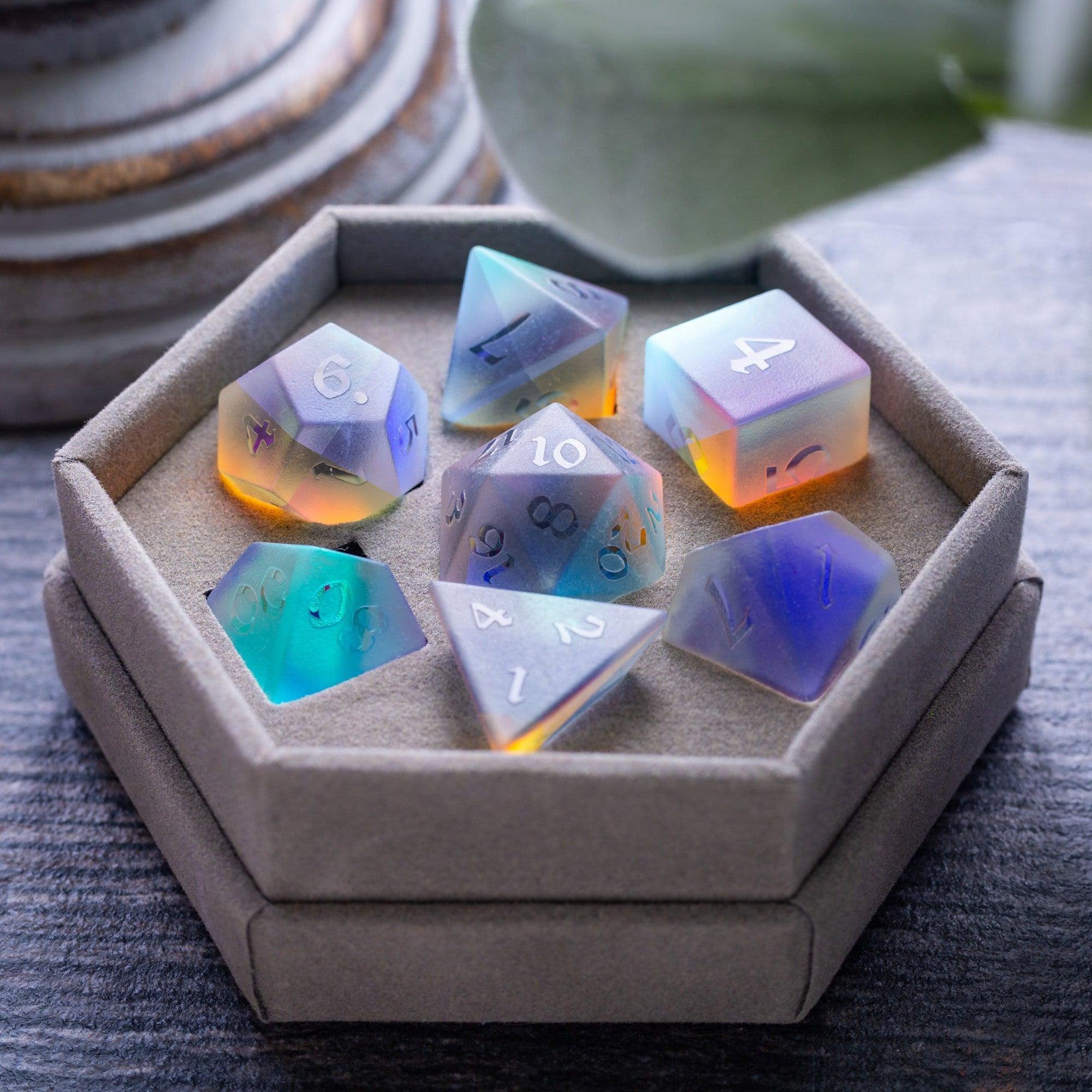
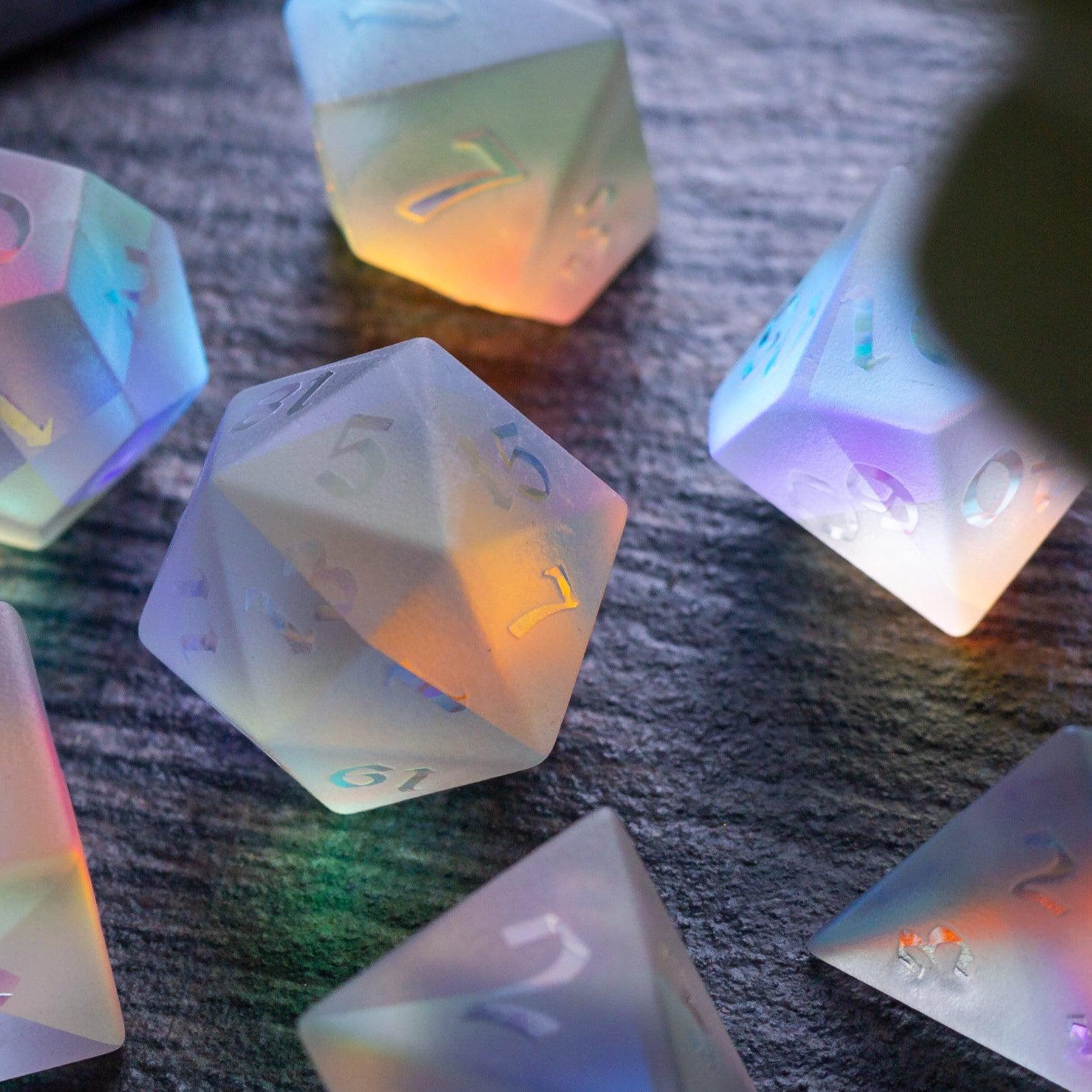
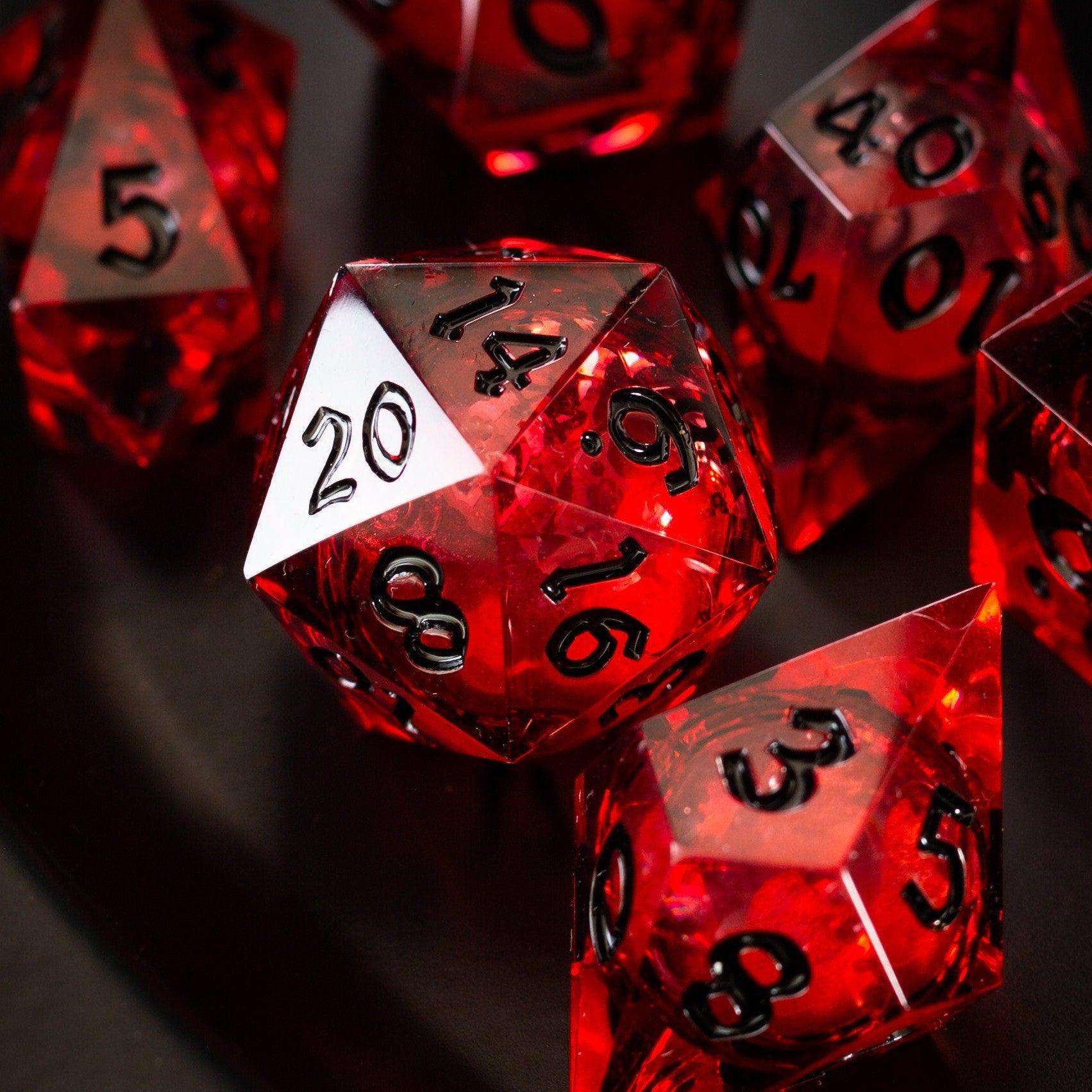
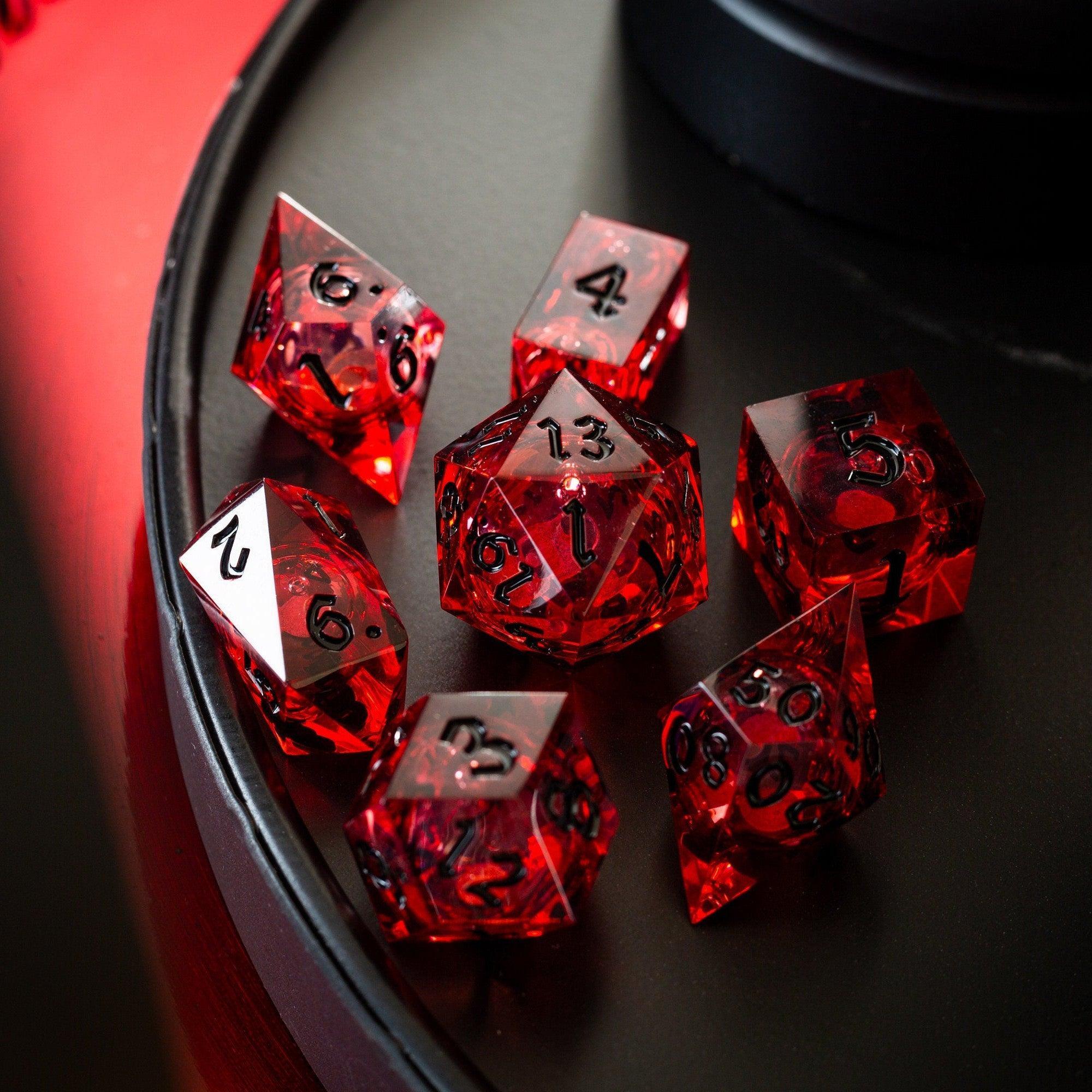
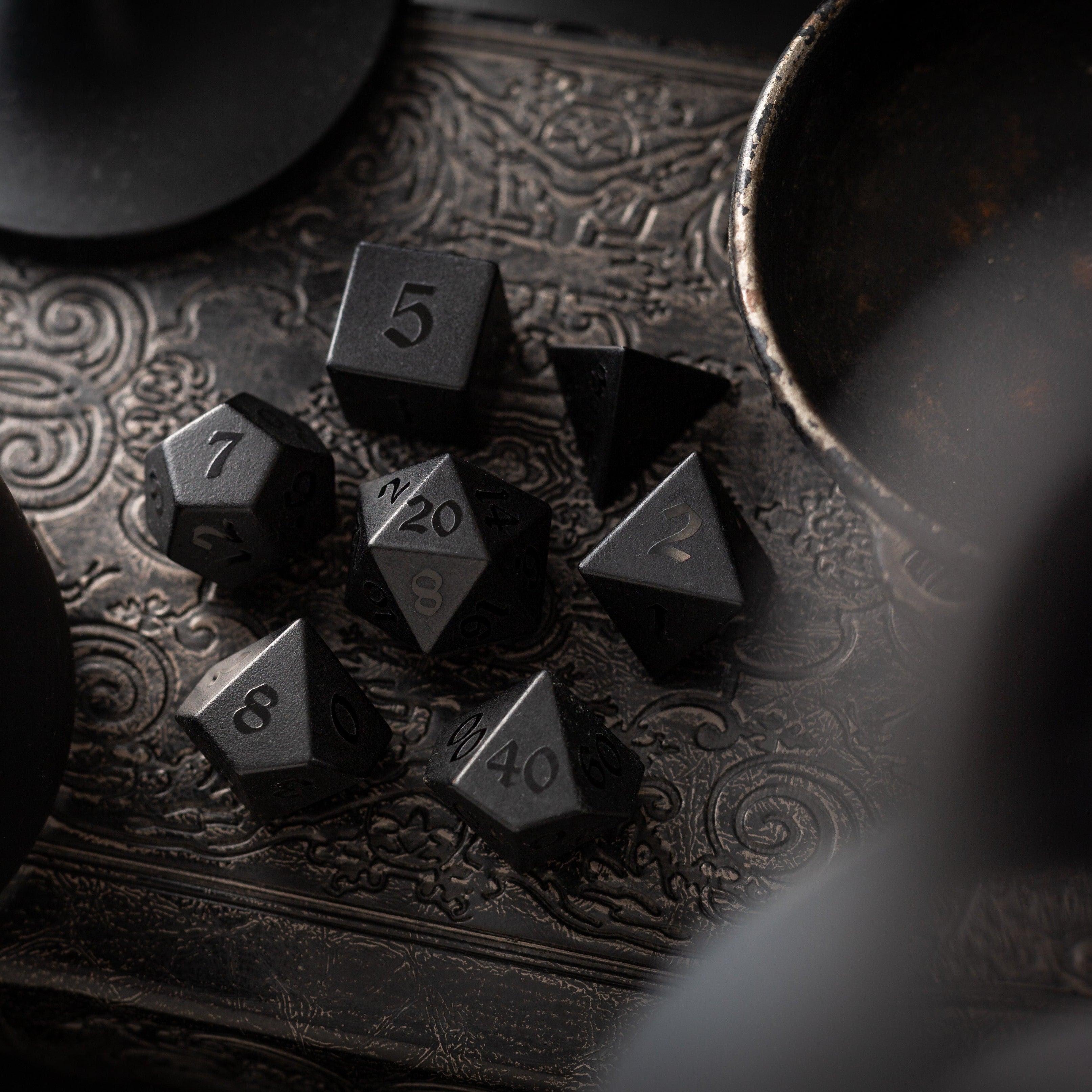
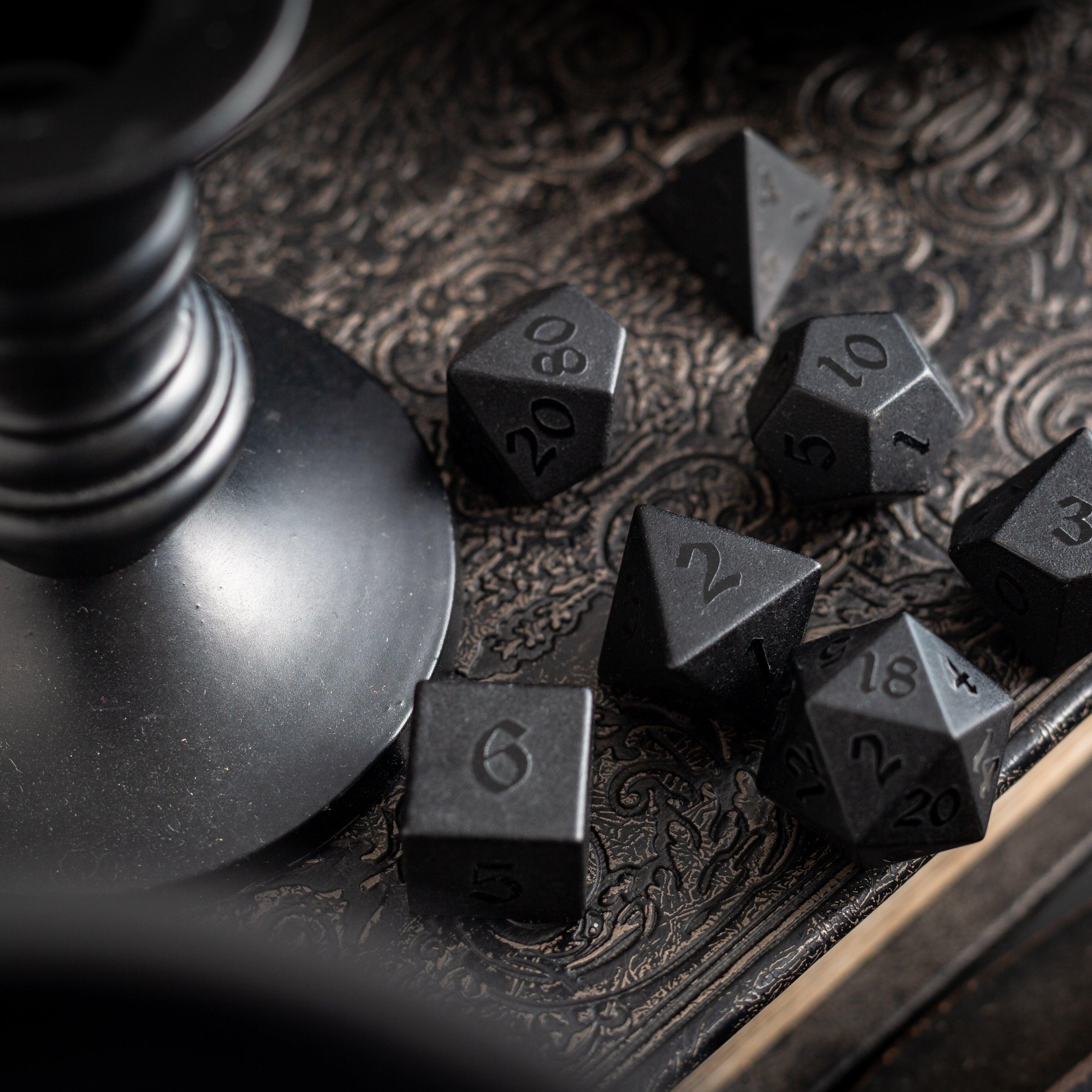
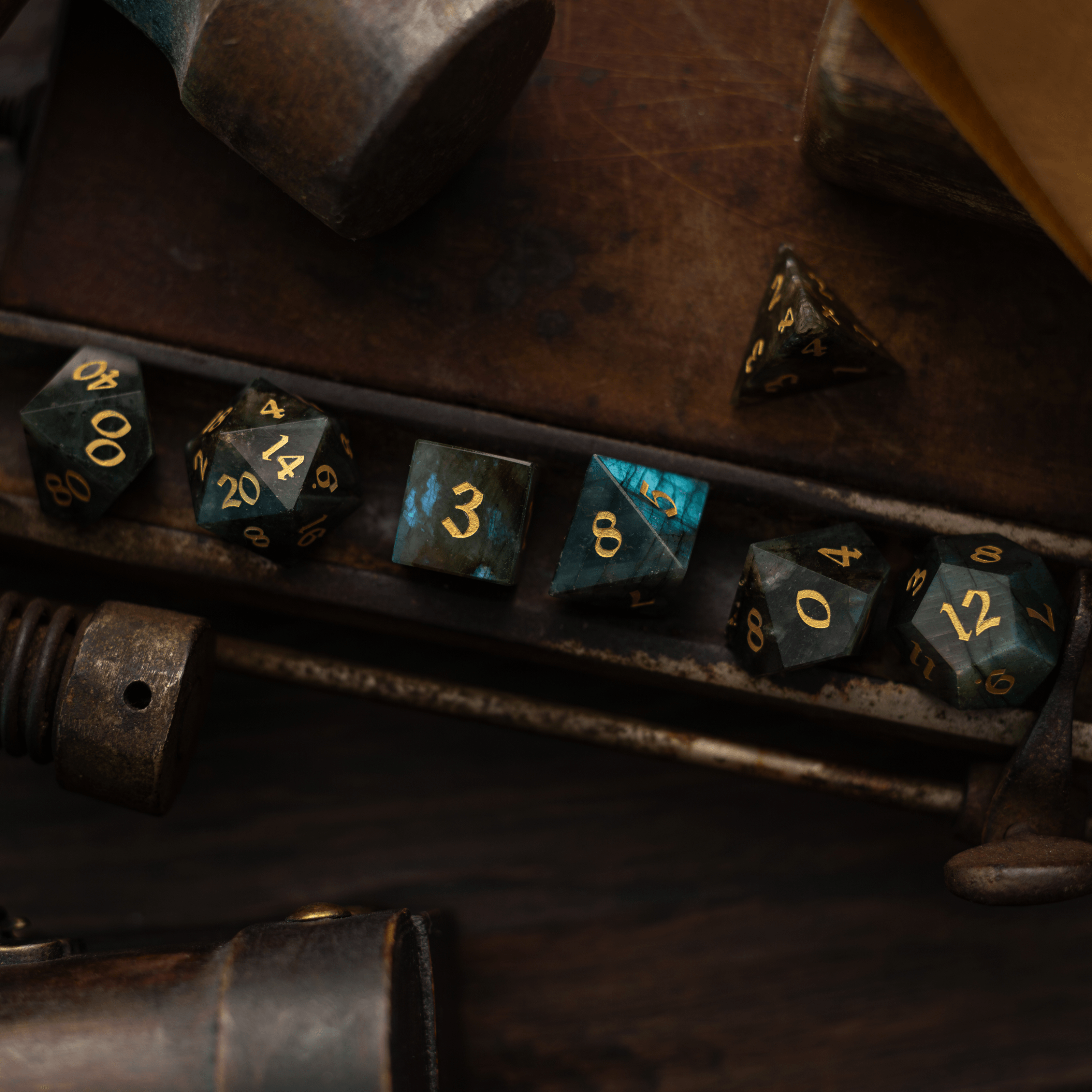
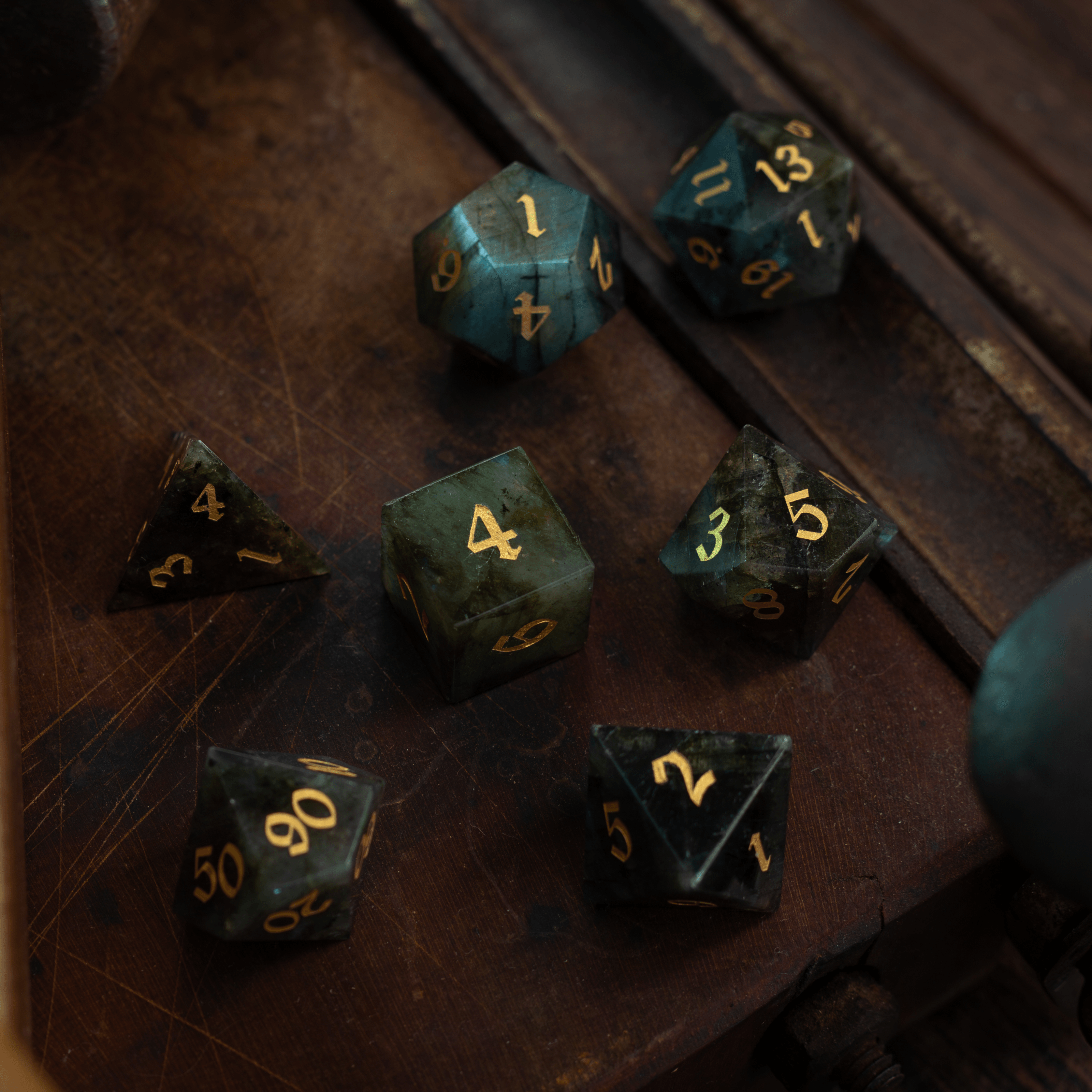
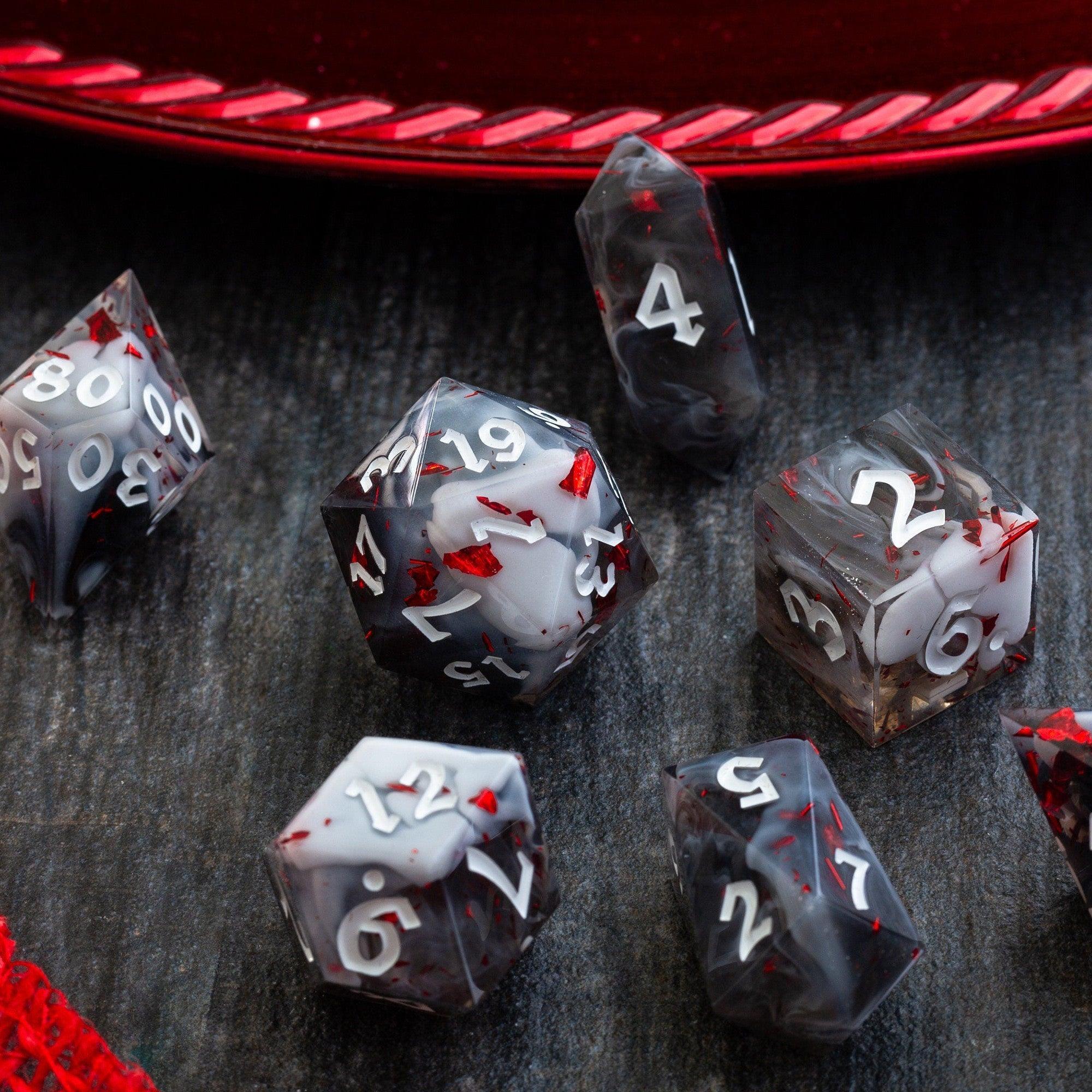
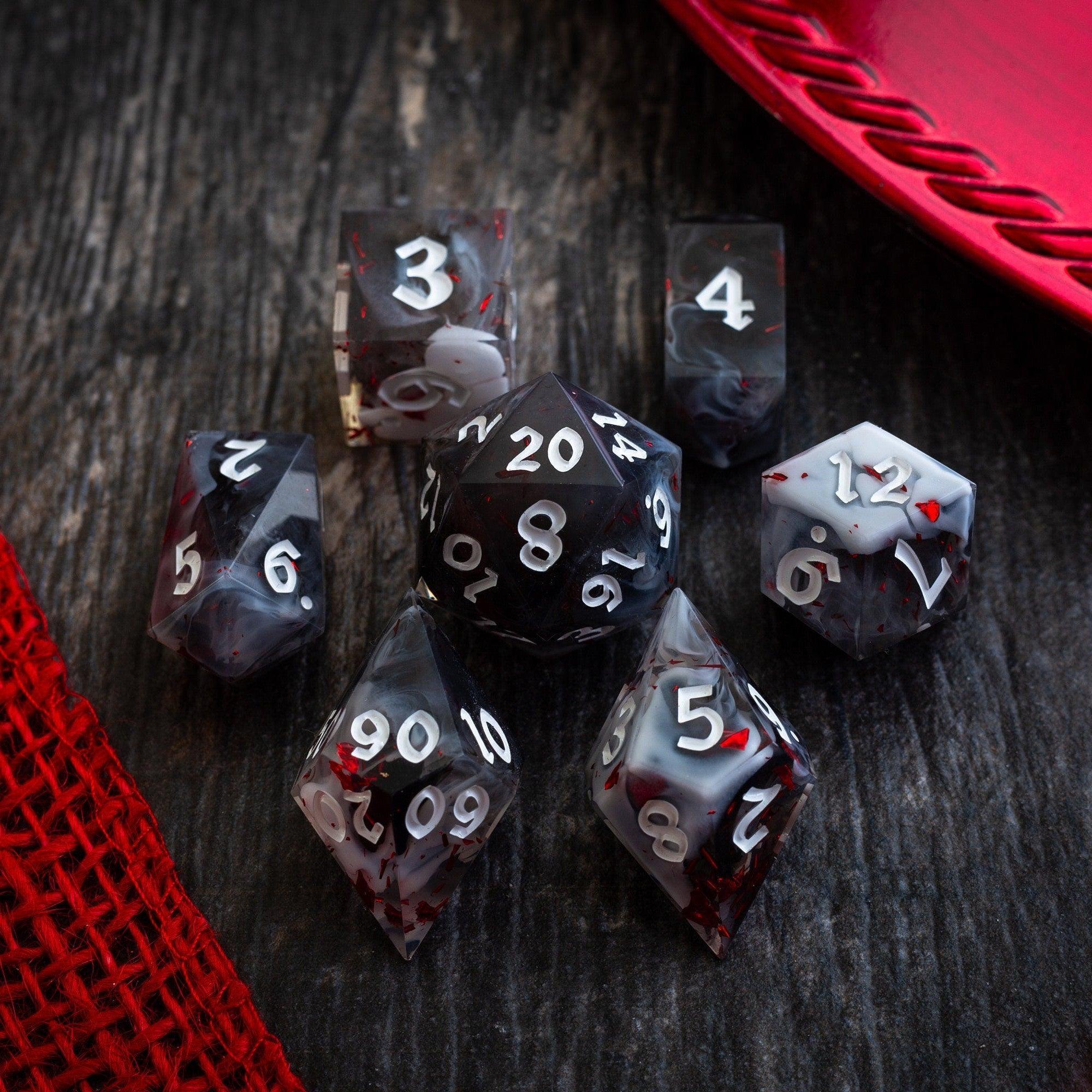
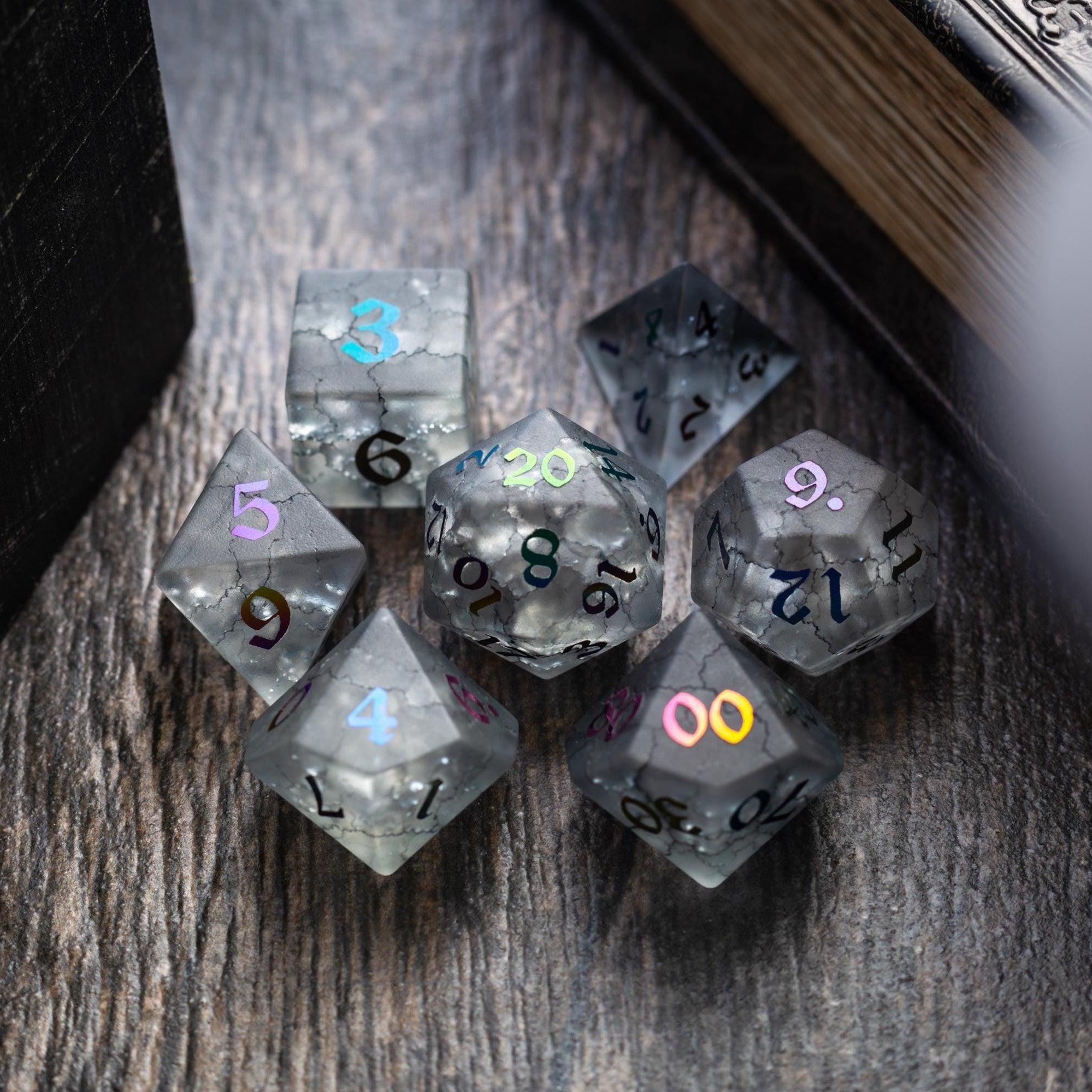
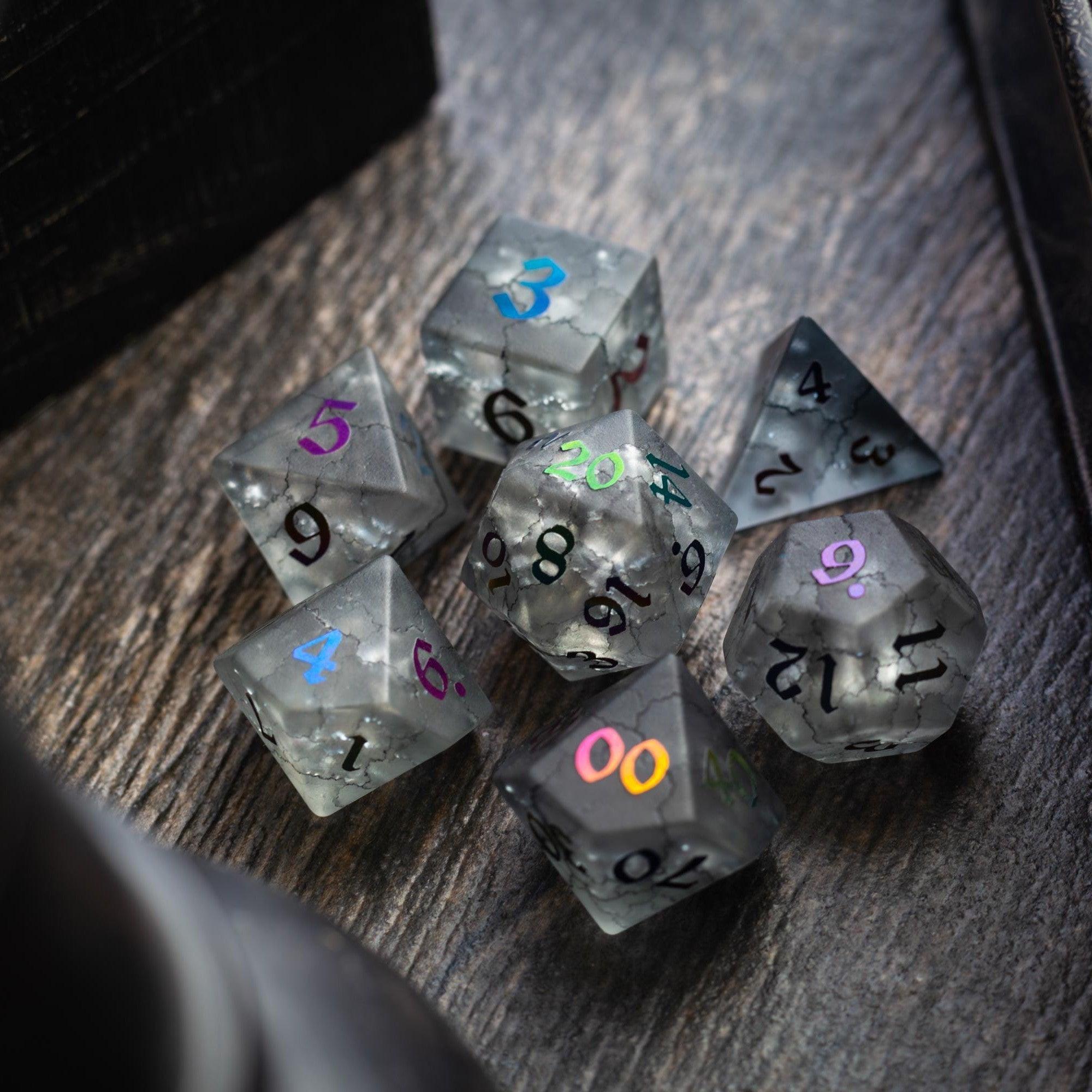
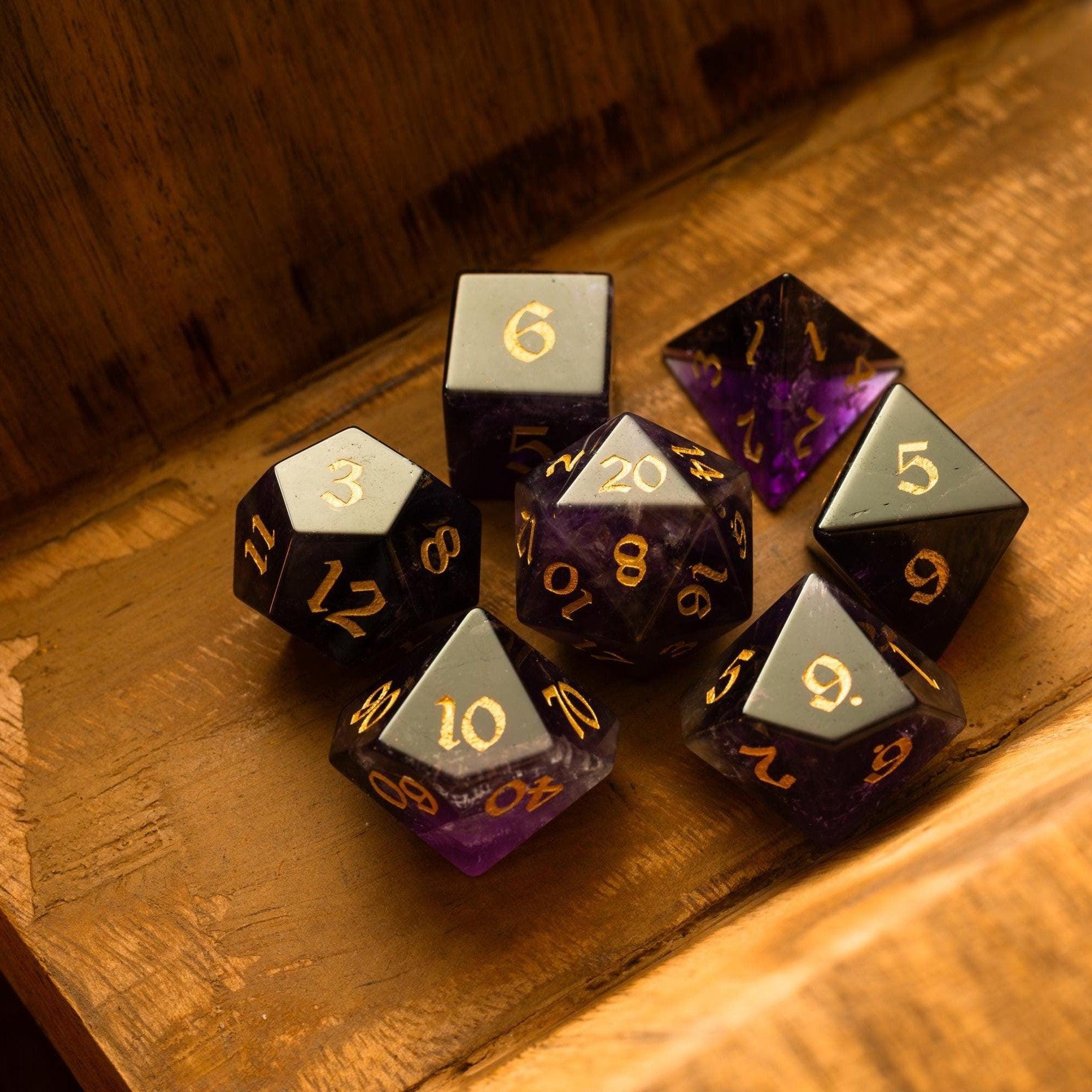
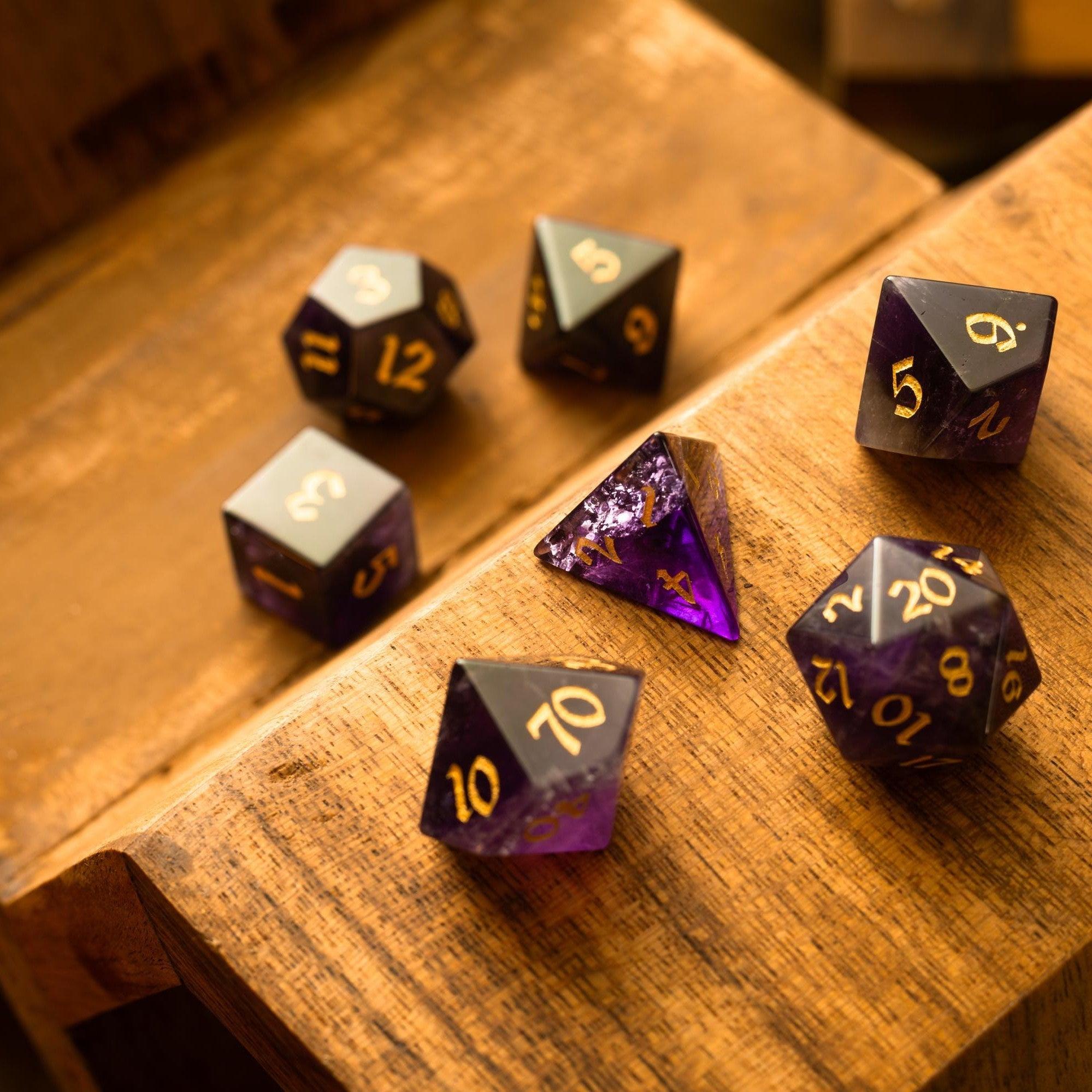
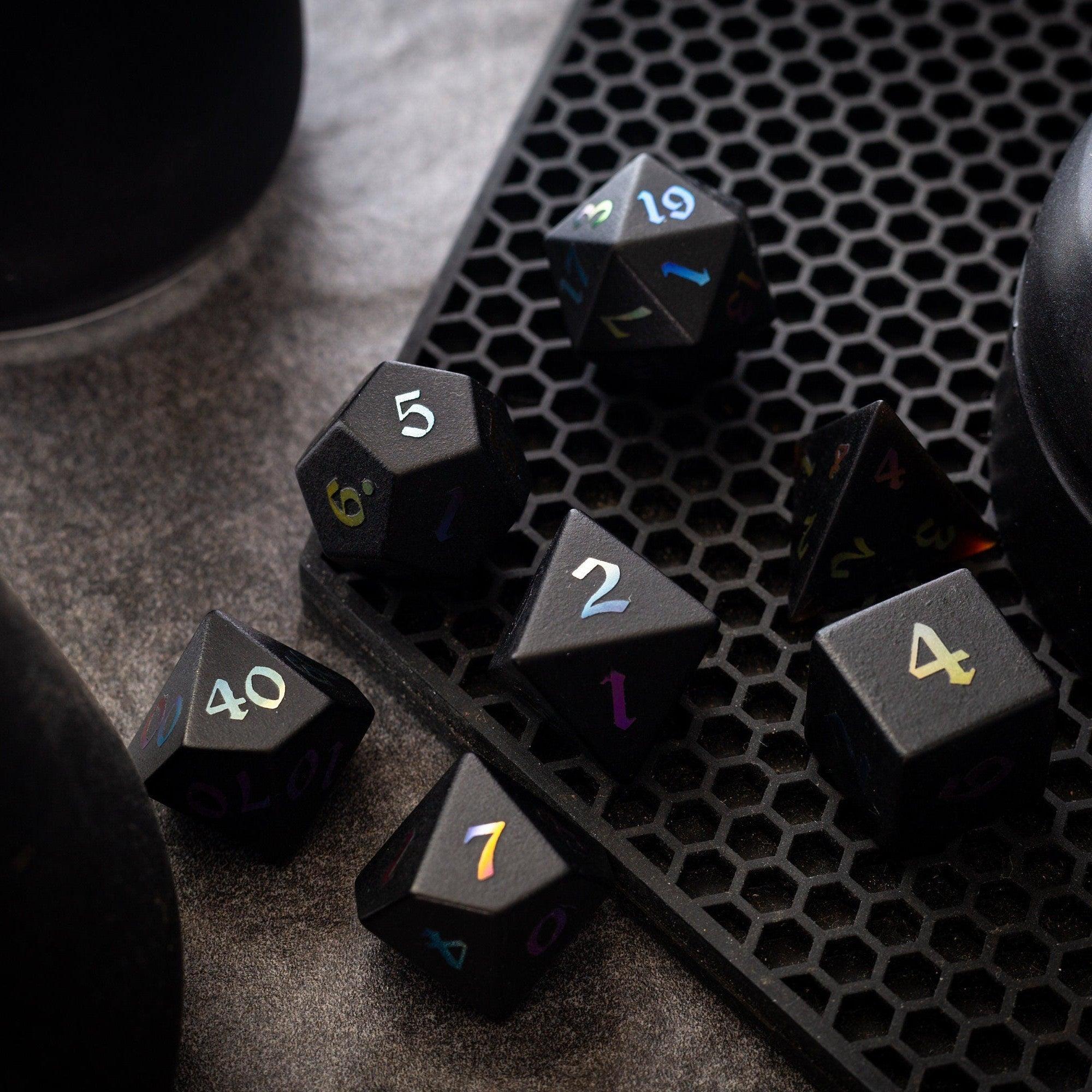
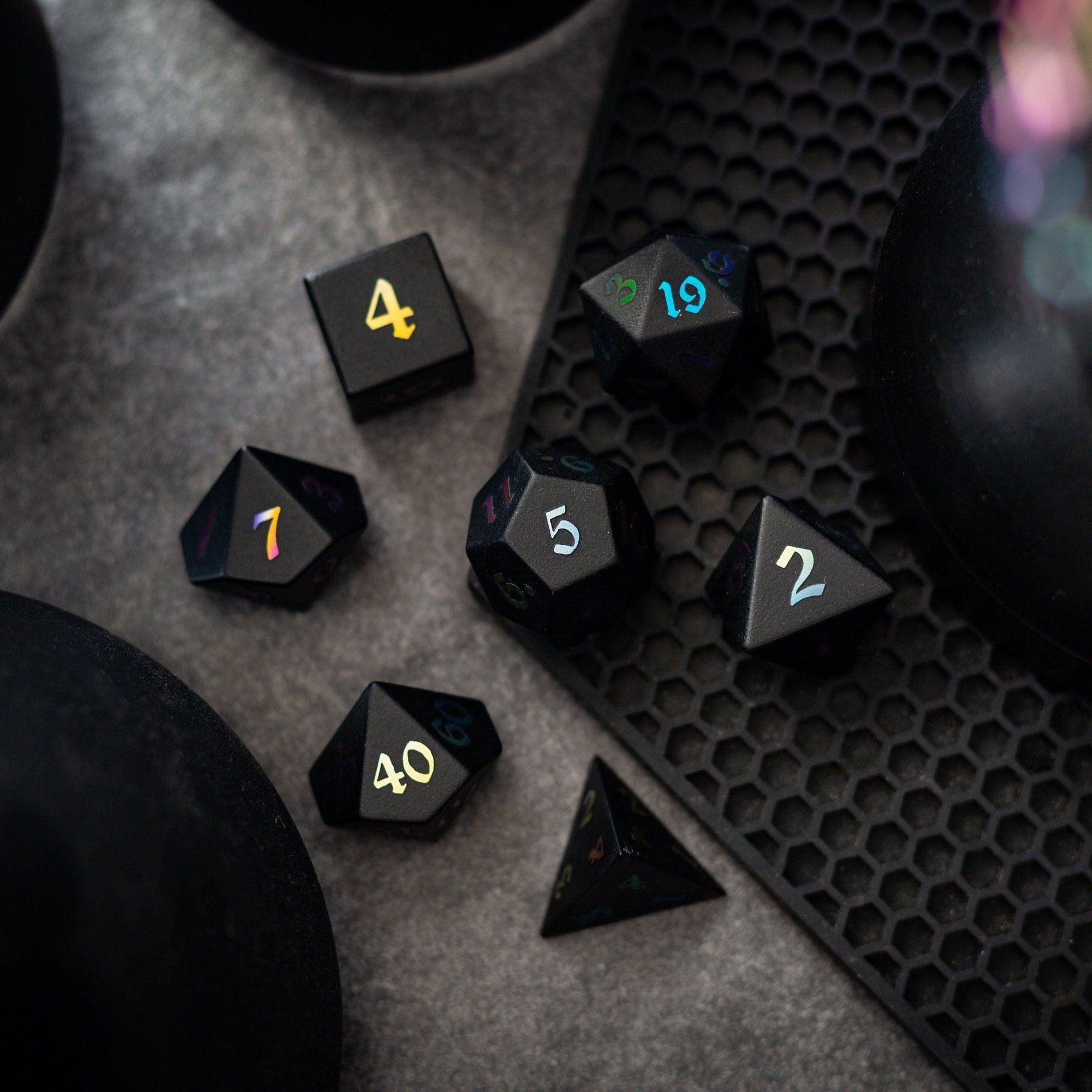
Leave a comment
This site is protected by hCaptcha and the hCaptcha Privacy Policy and Terms of Service apply.